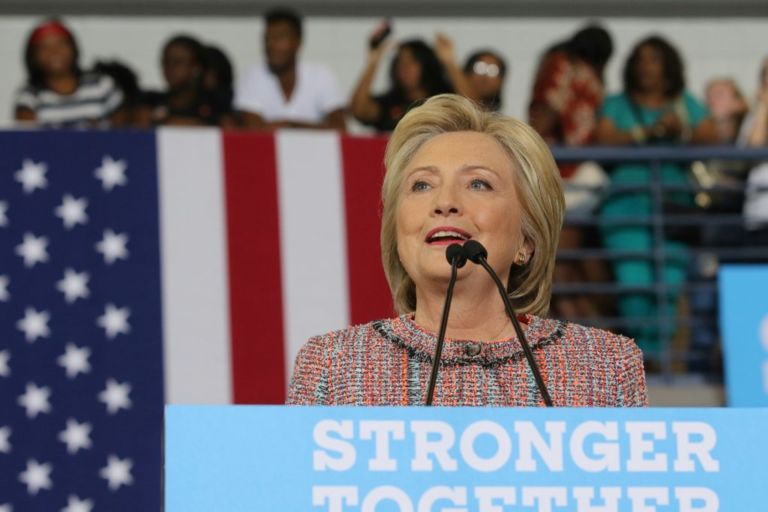Yesterday HB 373, Elections passed the General Assembly. It does two major things – rolls North Carolina’s 2016 primary election into one day – March 15. Primary voters will select their candidates to run for US President, US Senator, NC Council of State, NC House, NC Senate and some judicial races. Oh, and probably a bond. The House votes next week whether to borrow $2B for infrastructure and capital improvements; The Senate passed it 46-2 yesterday.
The second thing that HB 373 does is set up these things under campaign regulations called affiliated party committees. The NCGA staff prepared a bill summary that explains what this is:
Section 3 – Affiliated Party Committees: Section 3 allows the leader of each political party caucus of the House of Representatives and Senate to establish a separate, affiliated party committee to support the election of candidates of that leader’s political party. Each affiliated party committee must adopt bylaws, conduct campaigns for candidates who are members of the leader’s political party or manage daily operations of the affiliated party committee, establish a bank account, and raise and expend funds at the authorization of the leader of the affiliated party committee. The “leader” means the currently elected President Pro Tempore of the Senate, the currently elected Speaker of the House of Representatives, or the currently elected minority leader of either house, until another person is designated by a political party caucus of members of either house to succeed one of those positions, at which time the newly designated person becomes the leader of that committee. An affiliated party committee would be treated like a political party for purposes of the campaign finance laws. Under current law, the contribution limitation of $5,100 per election per individual does not apply to a political party, and political parties may accept contributions from registered lobbyists. For limited purposes, if the funds are segregated, a political party may accept contributions from corporations, which other political committees may not do. By definition, a political action committee excludes a political party.
Who voted for and against? Senate vote here and the House here.
Effective Date? As soon as it becomes law and it would apply to contributions and expenditures made on or after that date.
Status of HB 373? It’s sitting on the Governor’s desk. He can sign, he can veto, if he does nothing, it automatically becomes law in 10 days.


